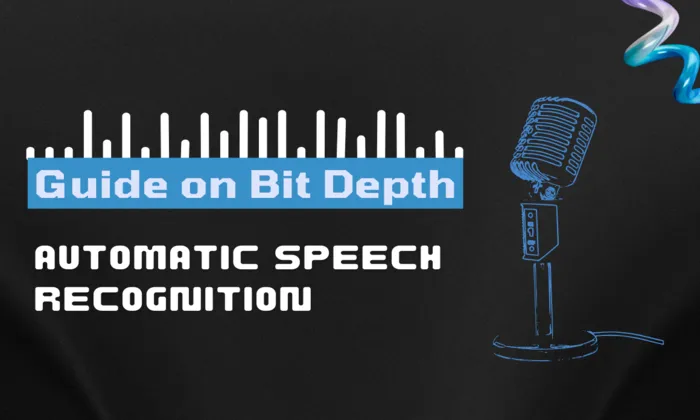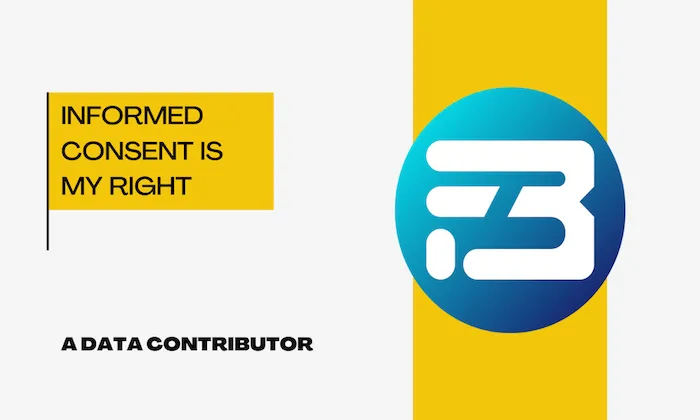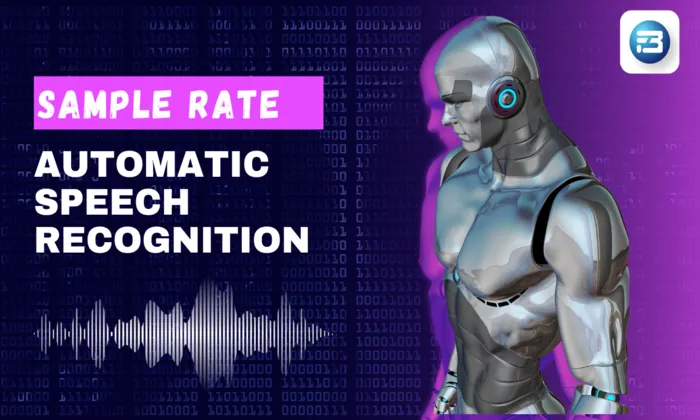Why is accent diversity important in wake word datasets?
Accent Recognition
Wake Words
Voice AI
Accent diversity matters because it directly drives wake word recognition robustness across global user bases. At FutureBeeAI, we’ve found that incorporating diverse accents into speech datasets significantly enhances model performance, promoting inclusivity and reducing bias. This guide explores the impact of accent diversity, how it is addressed in model development, and its real-world implications.
1. What Is Accent Diversity in Voice AI?
Accent diversity refers to the intentional inclusion of various regional and cultural speech patterns in voice AI datasets. It ensures that wake word recognition models can accurately detect activation phrases regardless of the speaker’s pronunciation, dialect, or linguistic background.
2. How Phonetic Variability Impacts Acoustic Models
Acoustic Modeling and Phonetic Variability
Phonetic variability occurs when phonemes are realized differently across accents. This poses challenges for models trained on narrow datasets, leading to misrecognitions or missed wake word activations.
To address this, robust acoustic models such as CNN-RNN hybrids must be trained on datasets rich in phonetic variation. At FutureBeeAI, our speech data annotation includes detailed phonetic landmarks and prosodic cues, allowing models to distinguish between subtle accent-driven variations. This practice strengthens the model's ability to generalize across diverse users.
Data Collection Strategies
Our YUGO platform supports accent-aware data collection using embedded speaker profiling. This includes metadata such as age, gender, and accent group, enabling stratified sampling and targeted bias analysis.
Our off-the-shelf datasets span over one hundred languages and dialects, covering key global phonetic differences critical for wake word detection systems.
3. Best Practices for Building Accent-Balanced Datasets
Domain Adaptation and Fine-Tuning
Pre-trained ASR and wake word models can be fine-tuned using accent-balanced subsets. This transfer learning strategy helps adapt existing models to specific demographic segments or underrepresented accents without requiring full retraining from scratch.
Quality Control
Audio quality consistency is non-negotiable. FutureBeeAI applies a two-layer QA workflow within YUGO to evaluate audio clarity, signal-to-noise ratio, and metadata completeness. This ensures only clean, accent-tagged recordings contribute to the training corpus.
4. Real-World Outcomes and FutureBeeAI Case Studies
Improved User Experience
A European smart home provider partnered with FutureBeeAI to improve performance in Slavic-speaking regions. By integrating Slavic-accented wake word recordings via our custom pipeline, their accuracy improved from 75 percent to 92 percent, while false activations dropped by 30 percent.
Market Expansion
Accent-diverse voice datasets enable companies to launch products in multilingual regions with confidence. Supporting multiple accent variants reduces friction and enhances trust, increasing adoption in global and regional markets alike.
5. Key Takeaways
- Accent diversity directly improves wake word recognition accuracy across user groups
- Phonetic variability is managed through high-fidelity annotation and model architecture
- Speaker profiling on YUGO enables stratified, inclusive dataset development
- Domain-specific fine-tuning helps optimize models for regional or cultural accents
- Real-world gains include increased wake word accuracy and broader market reach
At FutureBeeAI, we are committed to helping organizations build reliable, inclusive voice AI solutions. Our wake word and command speech datasets are available in both off-the-shelf and custom collection formats. Contact us to explore how accent-diverse data can elevate your voice-enabled products.
What Else Do People Ask?
Related AI Articles
Browse Matching Datasets
Acquiring high-quality AI datasets has never been easier!!!
Get in touch with our AI data expert now!








